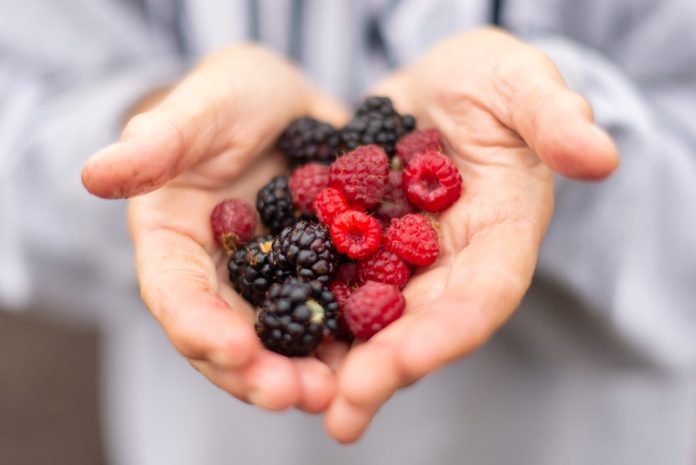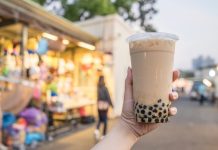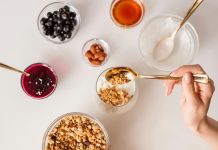
Flavonoids are tiny particles found in plant foods, much like vitamins. They’re a type of antioxidant, which means they can help our bodies fight off harm from stress and aging.
You can find them in a variety of fruits, veggies, teas, and even chocolate! One kind of flavonoid is quercetin, found in things like apples, berries, and onions.
We already know these flavonoids are pretty good for us. They can boost our health and keep our bodies running smoothly. But we wanted to dig a bit deeper.
We were curious to see if flavonoids, their different types, and particularly quercetin, could help prevent frailty as we get older. Frailty means becoming weaker or more delicate as we age.
About the Study
So, we decided to do a study to find out. We looked at a group of people who were part of the Framingham Heart Study, which is a long-running health research project.
We checked that they were not frail to begin with.
We kept a close eye on what they ate, especially how many flavonoids they had in their diet.
We used something called a semi-quantitative FFQ (food frequency questionnaire). It’s a type of survey that asks people how often they eat certain foods.
The Participants
We had a fairly big group, 1,701 people in total. The average age was around 58 years old, and over half were women. On average, they were eating about 309 milligrams of flavonoids every day.
After 12.4 years, we checked back in with them. We found out that 224 people, which is about 13% of the group, had become frail.
The Results
Here’s where things got interesting. When we looked at the data, we saw that the total amount of flavonoids people ate wasn’t making a big difference.
The numbers suggested there wasn’t a strong link between eating more flavonoids overall and avoiding frailty.
But when we broke it down further, we found something different. People who ate more flavonols, one type of flavonoid, had a 20% lower chance of becoming frail.
In other words, for every extra 10 milligrams of flavonols they ate each day, their odds of getting frail dropped by a fifth. That’s a pretty big deal!
And the story got even better with quercetin. Every extra 10 milligrams of quercetin people ate each day reduced their odds of getting frail by 35%. So, something about quercetin seems to be particularly good at keeping frailty at bay.
Conclusions
What’s the takeaway from all of this? Well, it looks like eating more flavonoids overall might not be the key to avoiding frailty. But including more flavonols and especially quercetin in our diet could make a big difference.
Remember, quercetin is found in lots of yummy foods like apples, berries, and onions. So, if you’re hoping to stay strong and healthy as you get older, those might be good things to include in your meals!
Keep in mind that this study is what we call “hypothesis-generating”. That means we’ve come up with an interesting idea based on what we’ve found, but more research needs to be done to be sure.
Still, the results suggest that flavonols and quercetin could be a new strategy for avoiding frailty as we age.
The research was published in The American Journal of Clinical Nutrition.
Copyright © 2023 Scientific Diet. All rights reserved.








